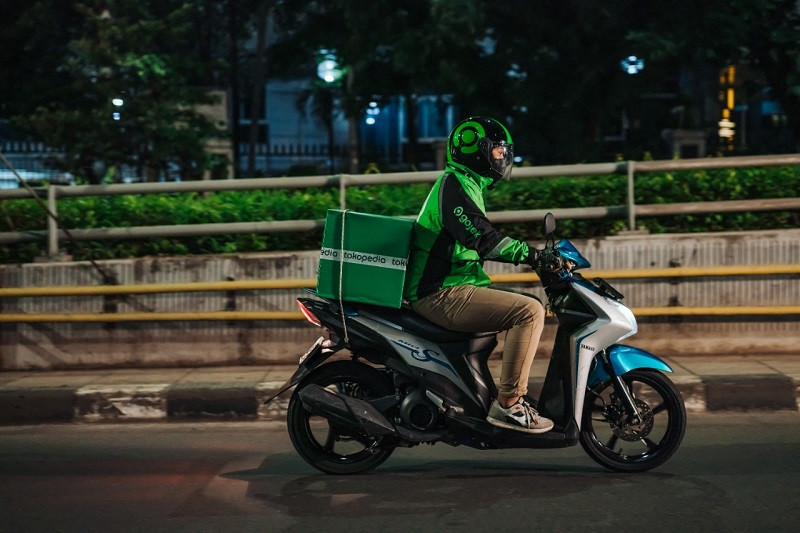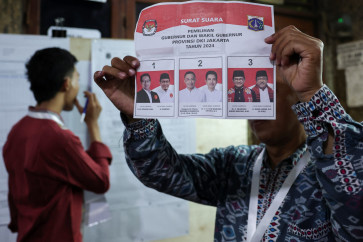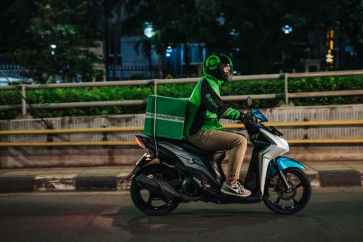Popular Reads
Top Results
Can't find what you're looking for?
View all search resultsPopular Reads
Top Results
Can't find what you're looking for?
View all search resultsPost-COVID recovery: Scratching the surface of 'millennial' start-ups
The government has an opportunity to take the reins in minimizing the digital divide in our youth population by using start-ups as an equalizer in the digital economy.
Change text size
Gift Premium Articles
to Anyone

In early 2020, right at the beginning of the COVID-19 pandemic, The Jakarta Post published a report on underprivileged millennials in Jakarta.
The article reveals critical details behind the aesthetic wall built around the narrative of millennials' achievements in innovation, entrepreneurship and start-ups. It uncovers the reality behind the image of latte-sipping, branded clothes-wearing, white-collar twenty- to thirtysomething adults portrayed in mainstream discourses on millennials.
The report reveals that 80 percent of Indonesian millennials are educated only up to high school and less than 15 percent have post-secondary or tertiary education. According to Statistics Indonesia (BPS), they earn an average wage of around Rp 2 million (US$140).
Indeed, this does not fit the stereotypical millennials of Indonesia’s start-up realm.
The report is still very relevant today, as these critical issues have worsened over the protracted pandemic. Unfortunately, either through regulation or mainstream media, what is currently being promoted to millennials is a promise that the start-up culture offers social mobility and prospects of post-pandemic recovery. This narrative leaves these millennials with the responsibility of uplifting their own lives.
What is often forgotten, however, is that to generate the positive impacts of innovation and entrepreneurship, we need to involve multiple stakeholders and perspectives at various levels. It is not whether an individual works hard enough, because the reality is that working hard is indeed not enough. We need to collectively acknowledge and attempt to break the various glass ceilings that prevent them from achieving success in the start-up realm.
We can indeed celebrate the success of the Indonesian tech start-up unicorns that have emerged, such as Gojek and Tokopedia. Last year’s merger of Gojek and Tokopedia was touted as promoting the spirit of gotong royong (mutual cooperation), as is represented by its new name, GoTo.



















